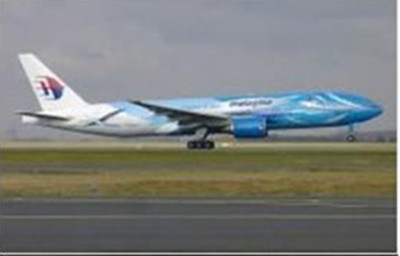State-controlled airlines

The drain on public funds has a long tradition. Airlines used to be regarded as a vital part of transport infrastructure, like roads or bridges. So, until the mid-1980s, governments owned most of the airlines, set fares and routes, and protected flag-carriers by restricting new entrants. But privatisation made air travel more competitive and liberalisation brought competition from low-cost carriers. Most airlines in state control have failed to adapt.











